What if... gaming super heroes existed in the real world?
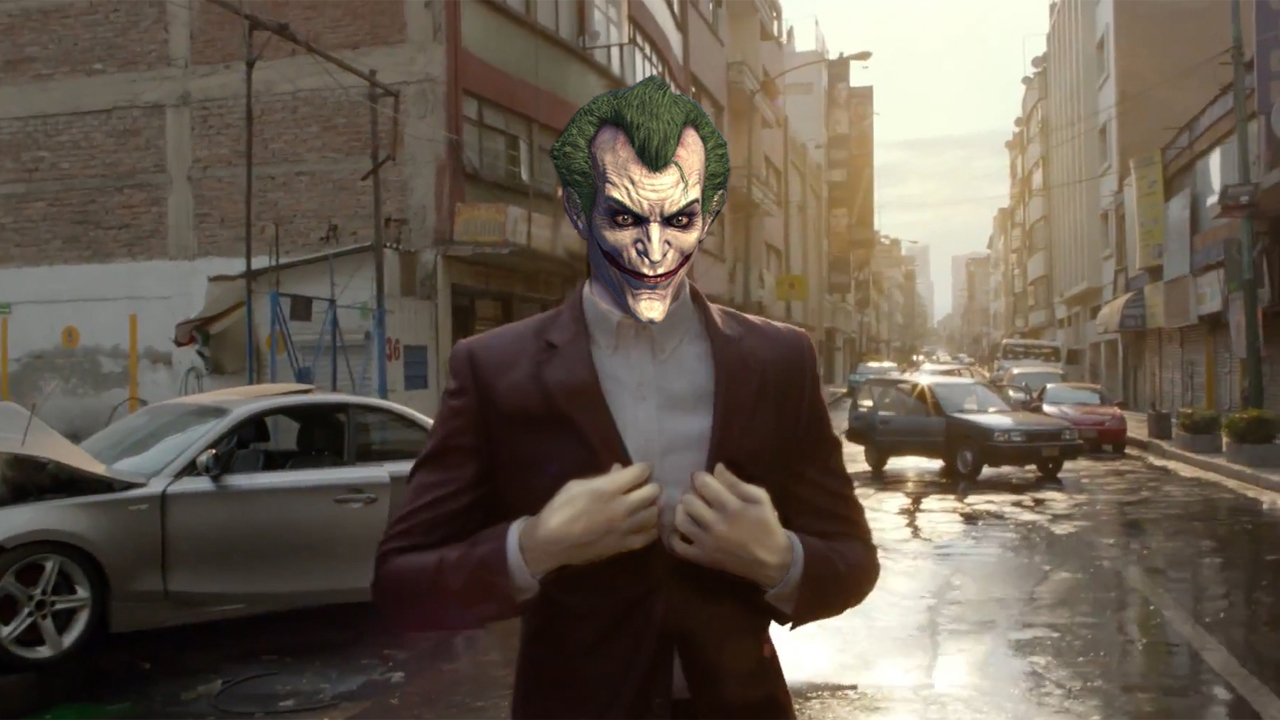
A cowardly and superstitious lot
Super hero fiction poses us with the same question all good stories do; simply put, it asks what would you do? Despite comic books, TV shows and films having dominated the market for well over fifty years, video games arguably hold the edge in this regard. Rather than being confined to the imagination, it puts us into a characters shoes so we can find out for ourselves.
With the recent release of inFamous: Second Son (and the film release of The Amazing Spider-Man), I started to wonder exactly how realistically games and movies treat super heroes, so I got in touch with Psychology Teaching Fellow Ian Fairholm (of Bath University) to see what shape a real world with these amazing powers might take. Our conversation revealed that the truth isnt entirely what youd expect.
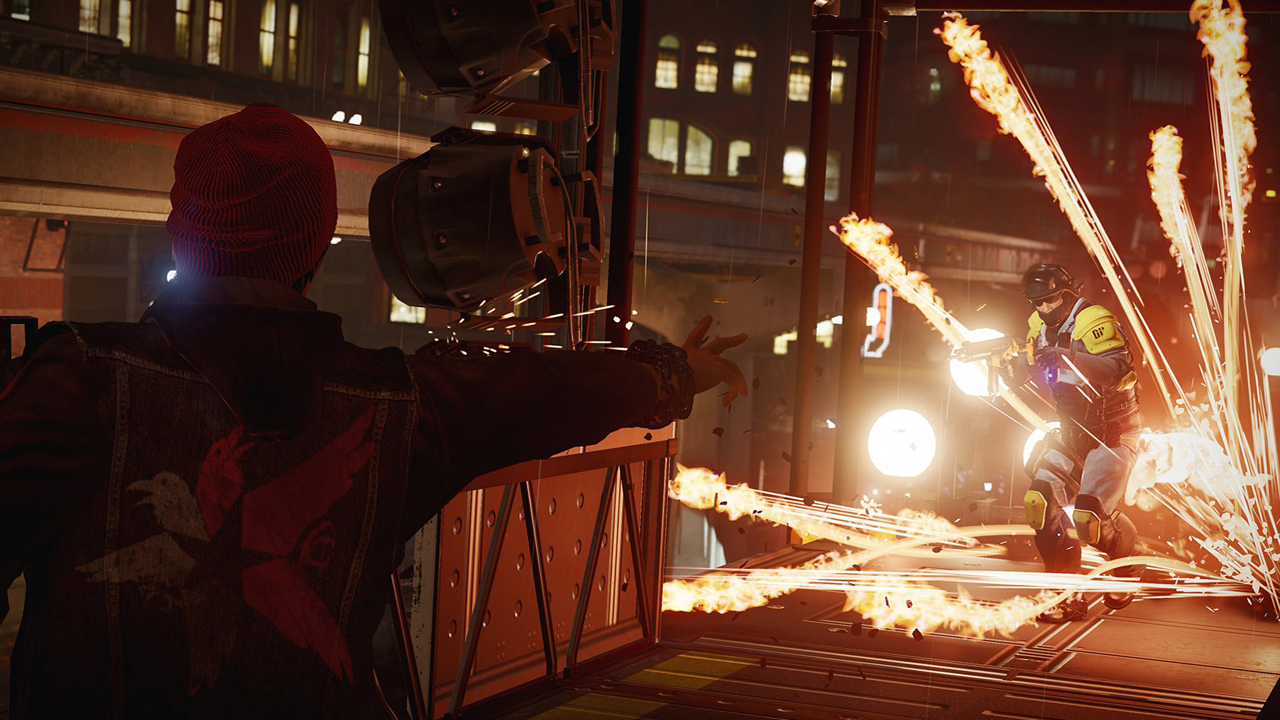
Would the world love them? Or fear them?
We usually think of super powers as heroic; its hardwired into us from an early age. This is a far cry from the real world, where prejudice comes all too easily. Would the status-quo mirror InFamous panic-gripped universe if someone with Delsins powers (not to mention questionable morality) appeared on the scene?
The tendency in human beings is to have in-groups and out-groups, Fairholm says on the matter. So you tend to like people that look like you and act like you... One of the dangers I guess if you had a situation where people develop superpowers is that theyd be regarded as freaks, the out-group, abnormal. It would create the kind of prejudice and discrimination you see in all kinds of social groups. So, yeah, it makes sense that people would hate Delsin if he actually showed up and started zapping random people while looking like a 90s boyband reject.
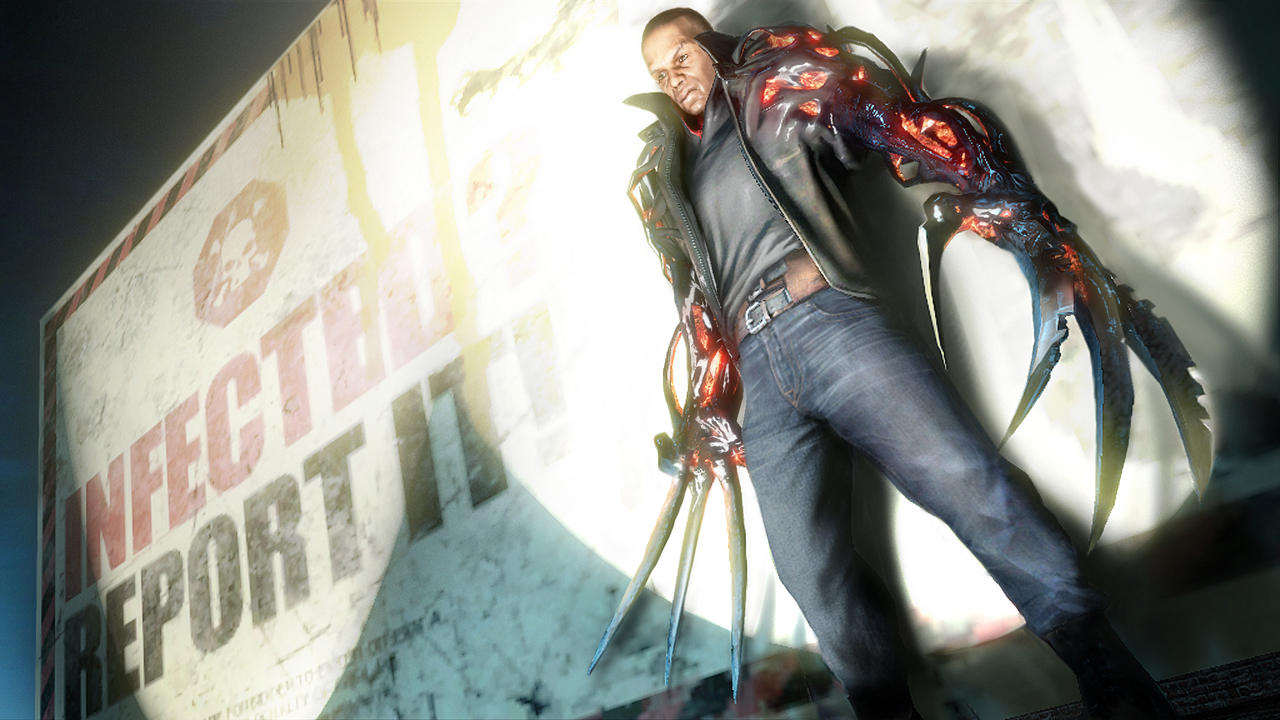
Would they be seen as freaks?
As such, developing special abilities in our world might come at the cost of becoming an outcast. This possibility is especially true if those powers changed you physically, as with the Prototype series stomach-turning abilities. In fact, the civil rights movement and apartheid of the last century demonstrate that discrimination isnt ever far behind us.
The thing about Superman, although he is superhuman, he actually looks like a normal human being, Fairholm reveals. A character like the Thing or the Hulk, where they look different, where theyve got different coloured skin or spikes or weird additional parts, I think that might be difficult for people to take because [we] very much respond to appearance. So, Alex Mercers man-slashing tentacles? Bit of a no-no.
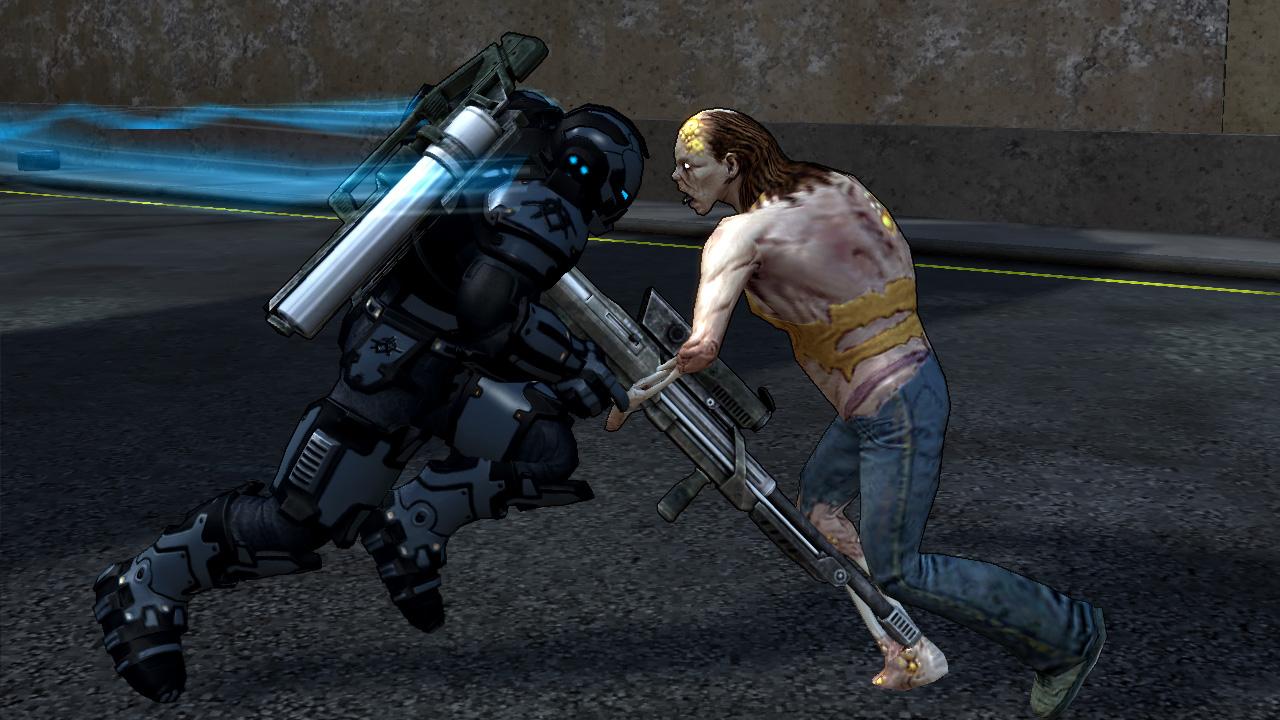
What about super-strength and super-speed?
What if your powers didnt fall quite so far from the tree, then? Fairholm suggests that wed feel less threatened if they took on a more traditional form, merely improving our strength or speed (not dissimilar to the agents of Crackdown). In fact, should an individual represent the traits we admire in everyday life theyd probably be seen in a very different light.
If you look at Olympic sports stars, people who are manifestations of the best of us--they can run faster, theyre stronger, theyre more athletic--we admire that. If you look at a standard Captain America or Superman, the powers that they have tend to exemplify the best of humanity Whereas if you look at the X-Men, they are mutants, variations, distortions or somehow freakish. Thumbs up for the Crackdown boys: right up to the point where they start playing tennis with your car...
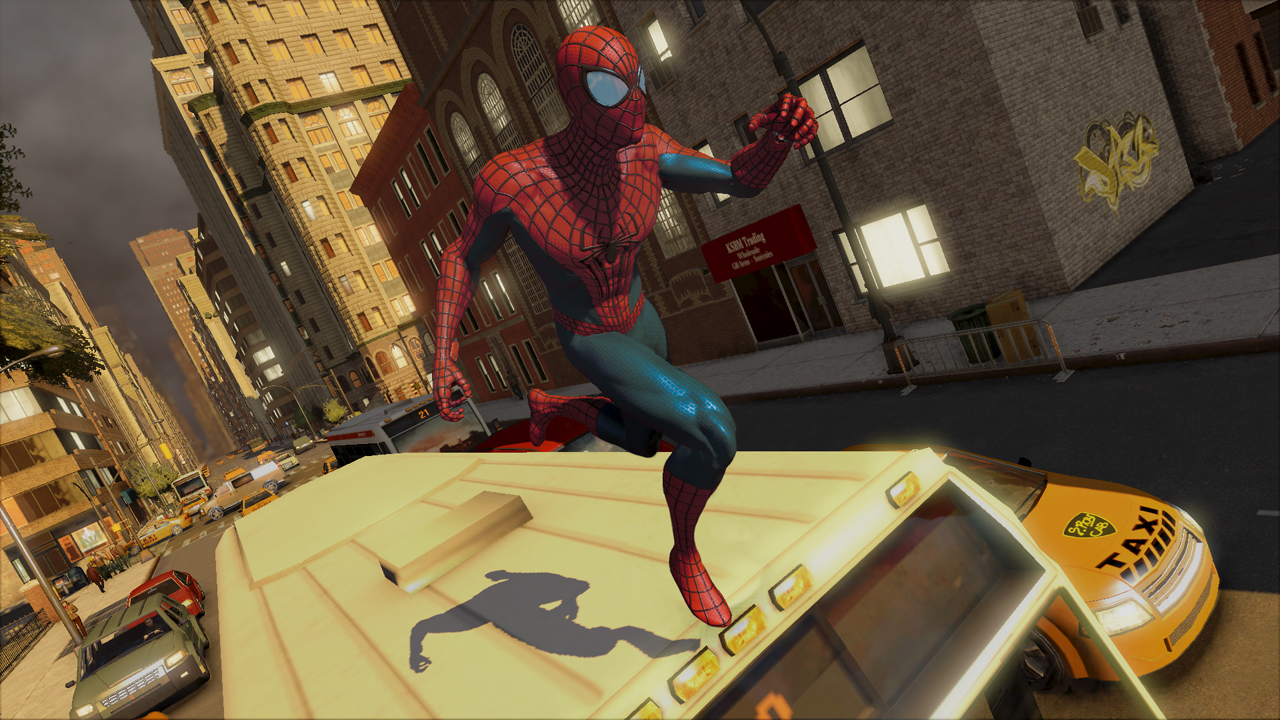
Masks: yes or no?
Although putting on a mask is synonymous with super heroes, psychology suggests that we might not respond well to those costumes in reality because theyre dehumanising. Human faces provide a lot of information, Fairholm tells me. So anything that youre wearing on your head where you cant see someones face, where you cant judge what theyre thinking or feeling based upon their facial expression, that creates a certain degree of uncertainty.
While these characters usually wear masks to protect their secret identities, Fairholm feels that obscuring your features in this way would raise questions about your motivation. Its an interesting point. In video games the character with the mask is often morally ambiguous--the mask is a device for players to insert their own morality. Although he's not technically a superhero (despite having the powers), Corvo from Dishonored is a superb example of this.
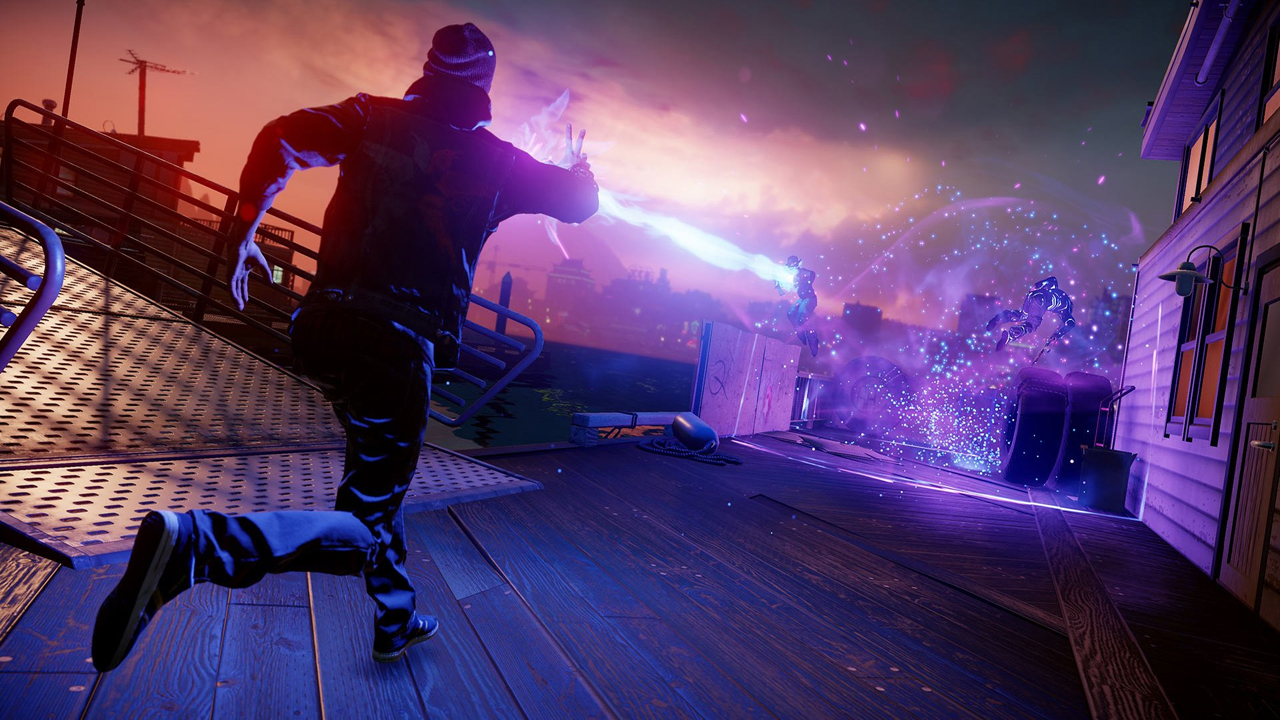
Hero? Or terrorist?
Its not an exaggeration to say that the appearance of super heroes would upend our world, but Im interested in whatd happen afterward. A culture similar to the one seen in inFamous: Second Son (where Conduits are labelled as bio-terrorists) might come to pass if great responsibility didnt necessarily follow great power. More than any other inFamous game, Second Son explores this theme extensively.
I can quite easily see that people would have fears and anxieties, just as they did post-9/11, where they start to think, do I really want to sit on an airplane? Do I really want to sit with a particular kind of person who I think might fit the stereotype? Fairholm muses. So a lot would depend on how widespread this became If you had a situation as you get in a lot of the comics where there were lots of mutants or super-powered beings, then I think people would start to form stereotypes and start to create images of what they think these characters represent.
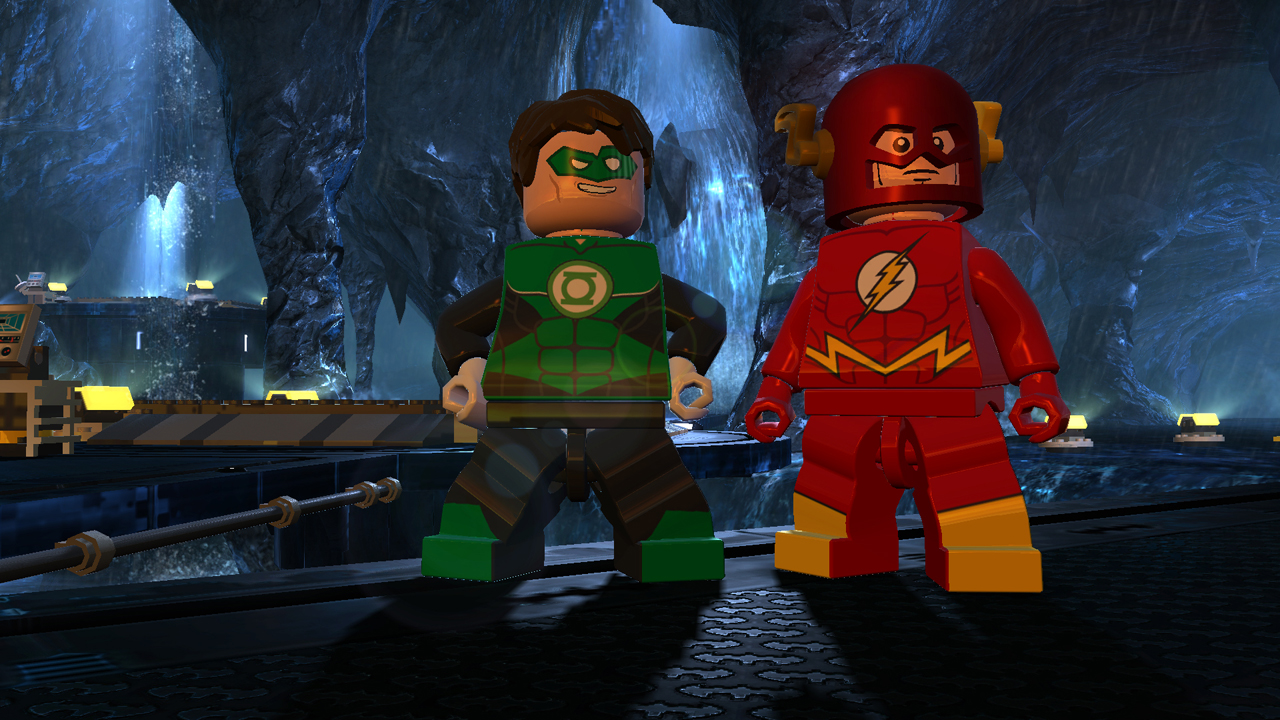
And would Super Heroes actually do good?
The utopian view of super heroes is that super heroes do good, Fairholm suggests. Even if sometimes the boundaries are blurred, fundamentally theyre doing things for the right reasons. Theyre trying to help people. Theyre trying to save people. For the most part, they do more good than harm. But I think in a real life situation where you couldnt factor that in itd be much less clear that theyd be able to always do good It would be largely dependant on the realities of life.
I think most people in this country fundamentally are law abiding, and therefore would be uneasy about the idea of vigilante behaviour Their anxieties about how bad things could go probably will override the good that [superheroes] could do. Again, look at inFamous--collateral damage is inevitable, given the strength of their powers, and leads to pretty swift condemnation of both Cole and Delsin.
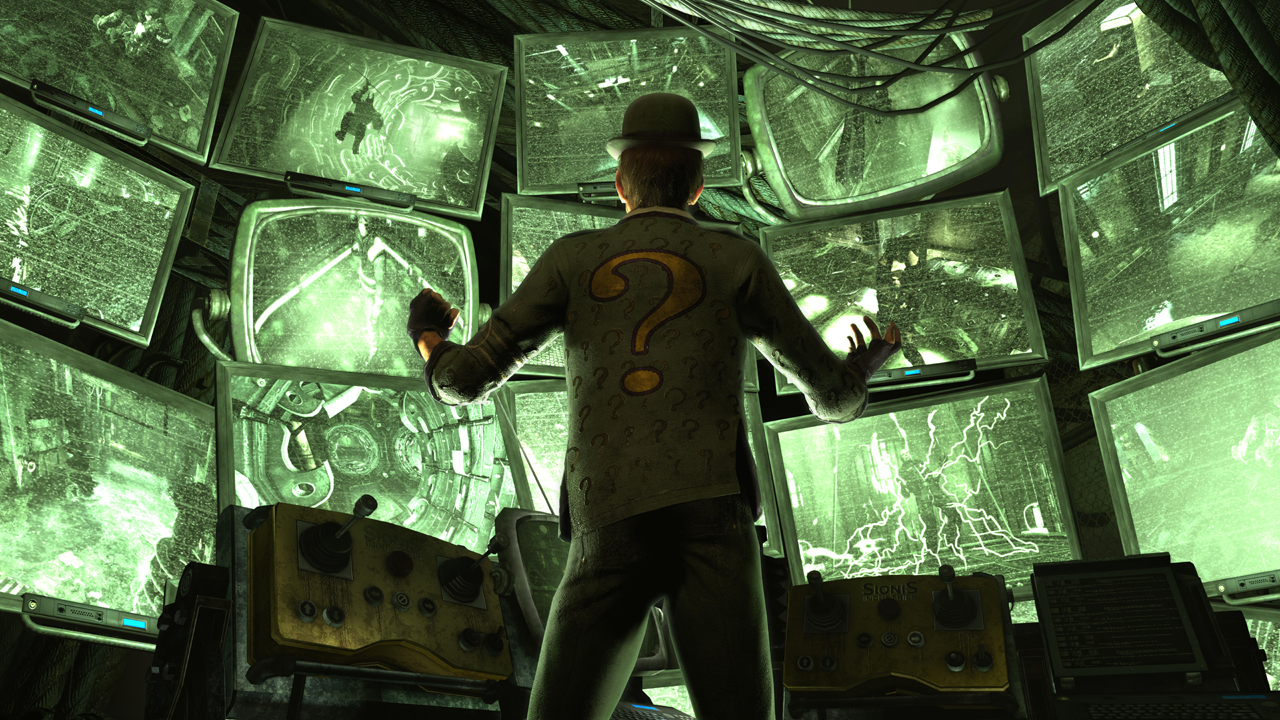
Super heroes would worry governments, right?
We frequently take the rest of the world for granted in super hero fiction. Fairholm has concerns that super hero vigilantes would make governments everywhere agitated--something perfectly realised in inFamous: Second Son. The whole game is about the US authorities 'cleaning house', by hunting down everyone with Conduit powers.
It would be inevitable that if someone had the sort of powers were talking about (where they could level a city), political organisations and governments would get extremely jittery. I think theyd have to be. Youre not just talking about a weapon, which to some extent is legislated if a human being came out of the blue who could do the same things that a weapon could do, someone who could be as destructive as a nuclear device, I think every government in the world would be panicking. Yup--well done, Second Son.
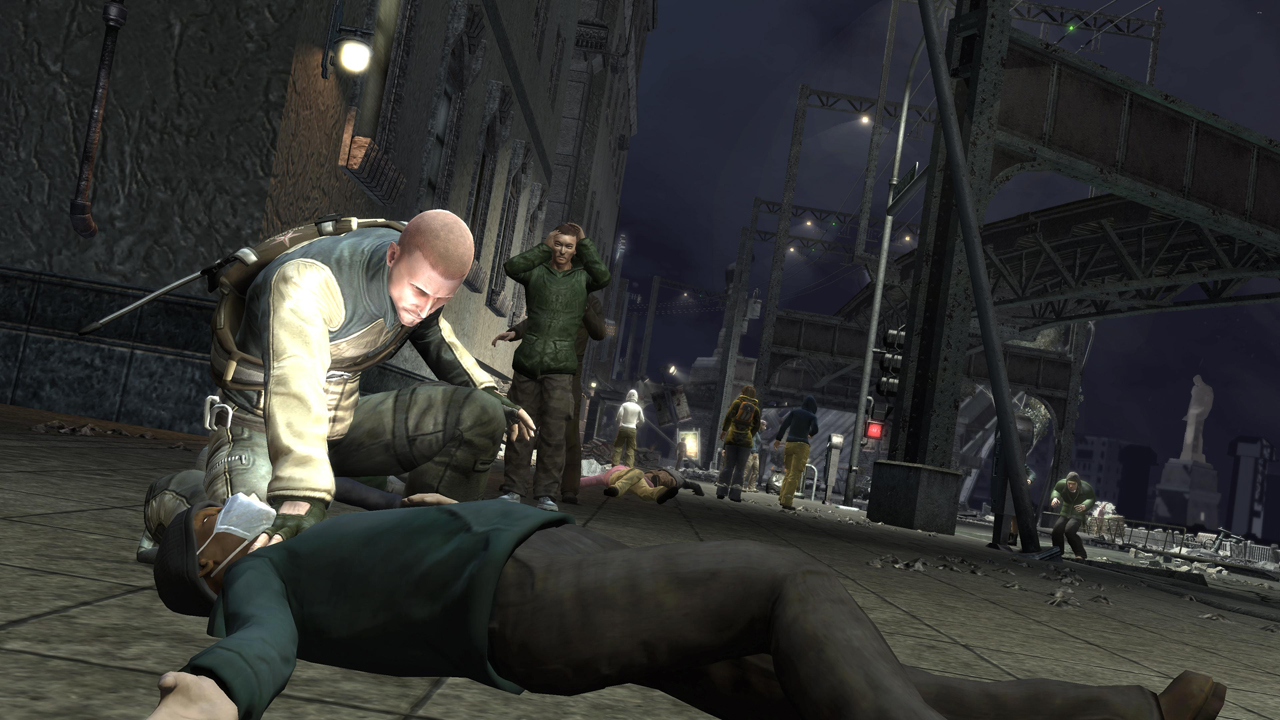
And what about the media?
Super heroes dont ever seem to catch a break. The public image of vigilantes is often dragged through the mud in gaming, as discovered by Cole MacGrath on multiple occasions. Considering how unpleasant we can be without special abilities, is infamy unavoidable? As Fairholm tells me, it doesnt take long to try and identify somebodys flaws. Either you look into their back-history, look into their past, youll find out what they were before they were superhuman I mean, people are human beings, and so they tend to behave badly.
Super powers would additionally catapult you into stardom overnight, meaning that once you become so big that everything you do is scrutinised--and at that point, you become viewed by everybody--youre going to slip up. And once you make a slip-up, that is then likely to be broadcast thats the nature of the public eye. It would be impossible for somebody to hide. We rarely see this in games, as the tendency is to focus on the action rather than the aftermath...
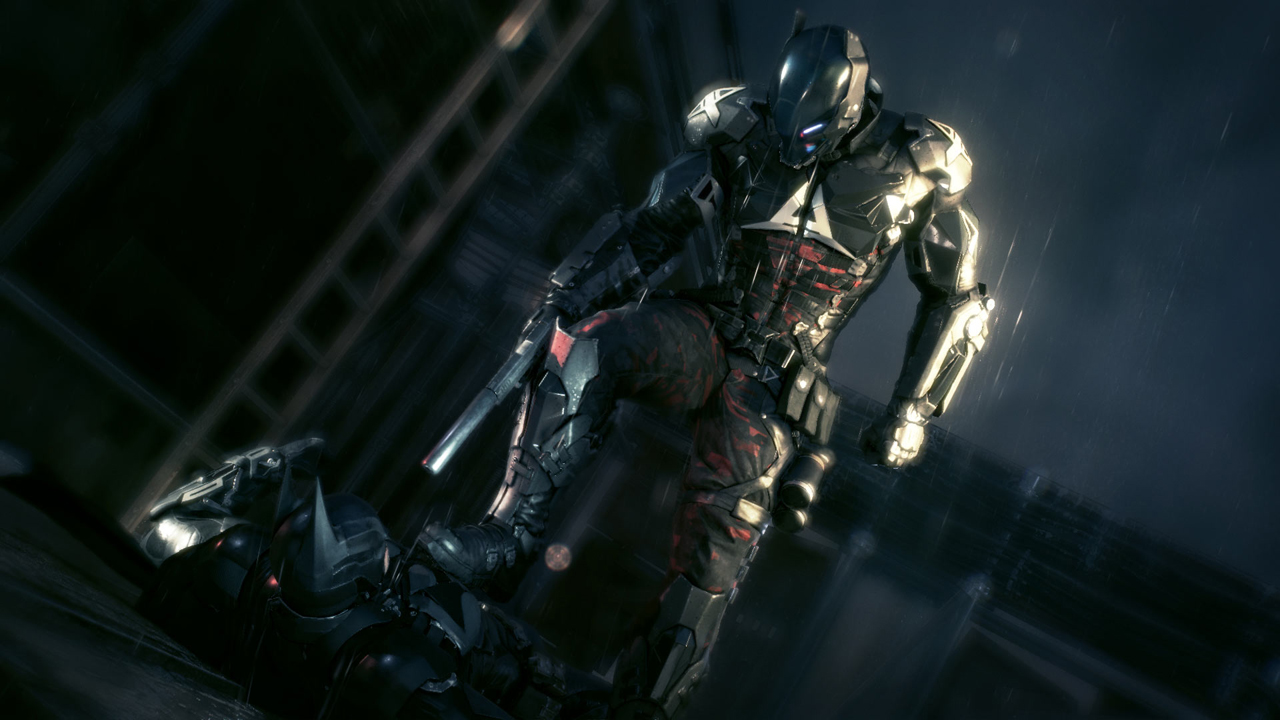
Would they change with power?
If theres nothing that could constrain you morally then your moral belief system is different, Fairholm says on what these powers would do to your psyche. Look at the way it consumes Alex Mercer in Prototype, or how arrogant it makes Dante in DmC. Your moral system is based on the fact that youre mortal and vulnerable but again, if people have got power then how do you guarantee that theyve got responsibility? There is no yard-stick there.
Its a nebulous question, of course. There are many factors to consider here. Fairholm gives the following example: Some people go into positions of power and never change. Some people go into positions of power and completely change. So a lot would depend on their personality before they got the powers. That would be a big factor in it I guess Im saying itd be extremely complicated, dependant on a persons personality, a persons view of the world, how powerful they were (and how powerful they were allowed to be), and how much they could retain their normal life.
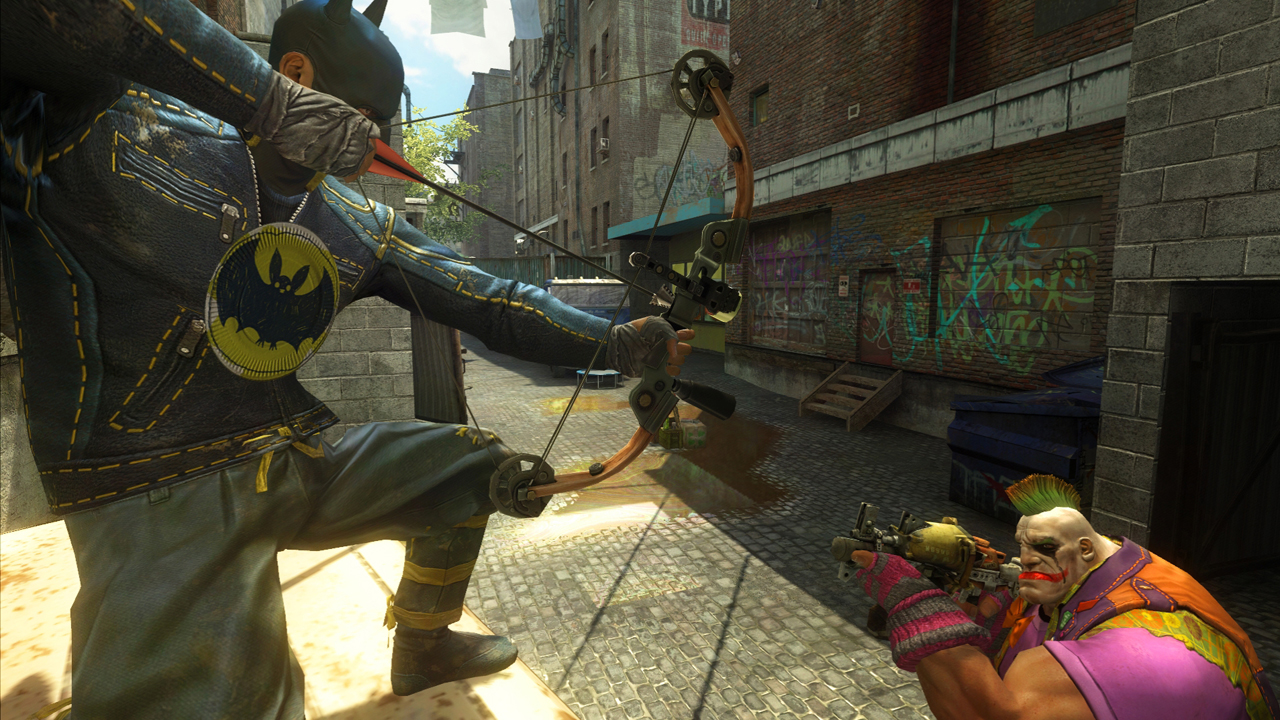
There would be copycats
Interestingly, real-life superheroes could match their video game counterparts in other unanticipated ways. Indeed, Fairholm is partial to the possibility that wed base our personas on those who inspired us in the first place, as seen in 2012s Gotham City Impostors (where vigilantes and criminals acted out the roles of their idols, Batman and the Joker).
There are experiments where people become prison guards," he recalls. Sometimes they act out the stereotypes of a prison guard [for roughness or brutality]. And I think people might possibly use the super hero or the super villain stereotype to go on.
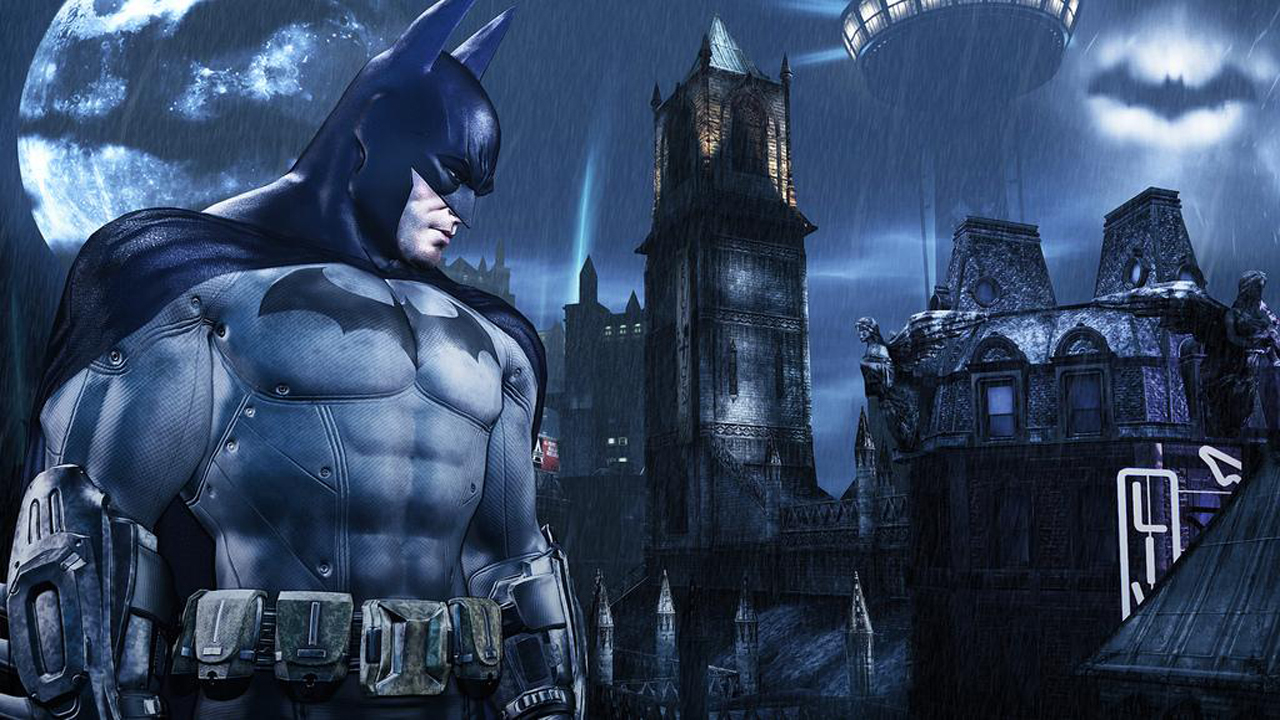
And how would they handle failure?
For the most part, characters in the vein of Batman win the day through sheer determination. Still, at some point youre bound to fail: you cant be everywhere at once. Fairholm thinks this might trip heroes up, specifically those who are perfectionists: Arkham Citys version of Batman is a prime example, because when things go south he loses his cool.
Every doctor, every vet, every lawyer has to face the possibility that somebody in their care may die under a worst-case-scenario. And normally you have training or counselling to help you with that, or you have other friends and colleagues whod take you through it and talk about it. The problem here would be that were talking about somebody who wouldnt have that The worst thing would be if someone was of a perfectionist type, if somebody had an unrealistic view of their abilities There are certain people who have perfectionist views and when those are challenged they really struggle. They go from feeling really good about themselves to their esteem kind of buckling.
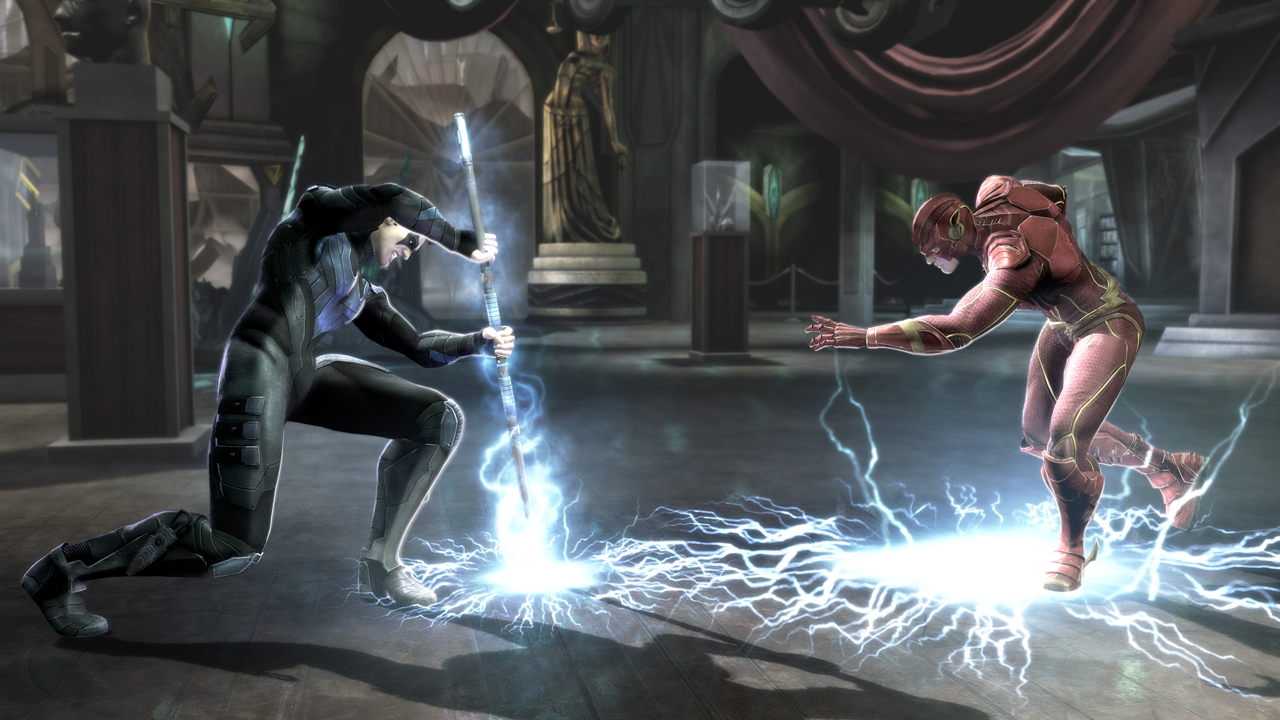
Would they become celebrities?
Fairholm brings up a comparison between celebrity culture and super heroes multiple times during our conversation. In his eyes, the latter is a suitable representation of the former. Gaming heroes often find fame among the people, with inFamous again providing a great example of this.
Now we have more of a culture where people want the idea of the 15 minutes of fame, he comments wryly. You have a situation particularly in the last ten years or so of the celebrity culture and pop culture, and people trying to aim to be celebrities for the sake of being celebrities. So I think that ego is already out there I can imagine, just as somebody might want to go on X-Factor and then regret it when they get grilled by Simon Cowell, somebody might want to be a superhero until they get beaten up, until they get kicked in the ribs, thrown onto the side of the road and nearly killed. They would have, very quickly, a reality check.
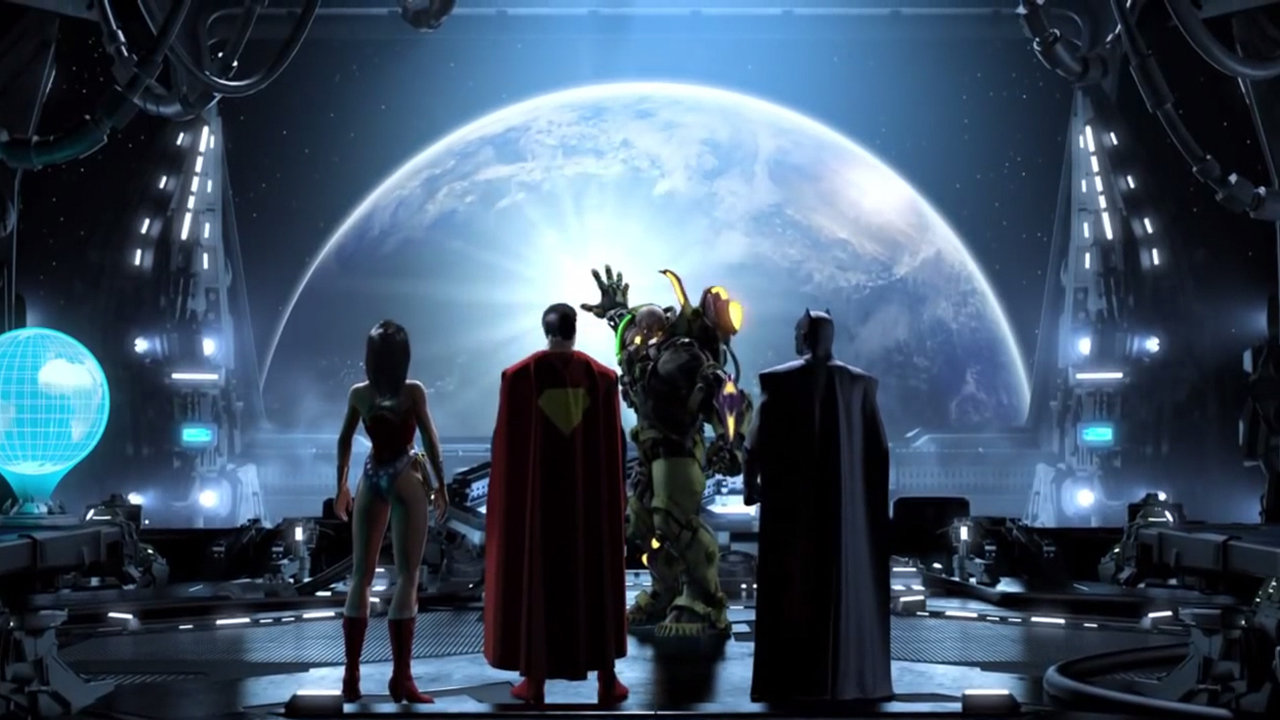
Would anything be the same again?
You often see this again with, what would it be like if aliens landed?. For some people, it would completely change their life, Fairholm concludes. If you had a religious belief system you might see this as the second coming or an intervention from God. If you have a natural suspicion about people, youre likely to want to see the flaws in this person.
"For most people it depends how much it would impinge on their fundamental belief systems... A non-powered vigilante is one thing, I think that would be a flash in the pan If youre talking about somebody with God-like abilities, thats where really it affects millions of peoples belief systems. It affects what is possible in being a human being, politics, going to other planets, crime If something totally in the realms of fiction happens in real life, you really are talking about re-writing things. Absolutely.
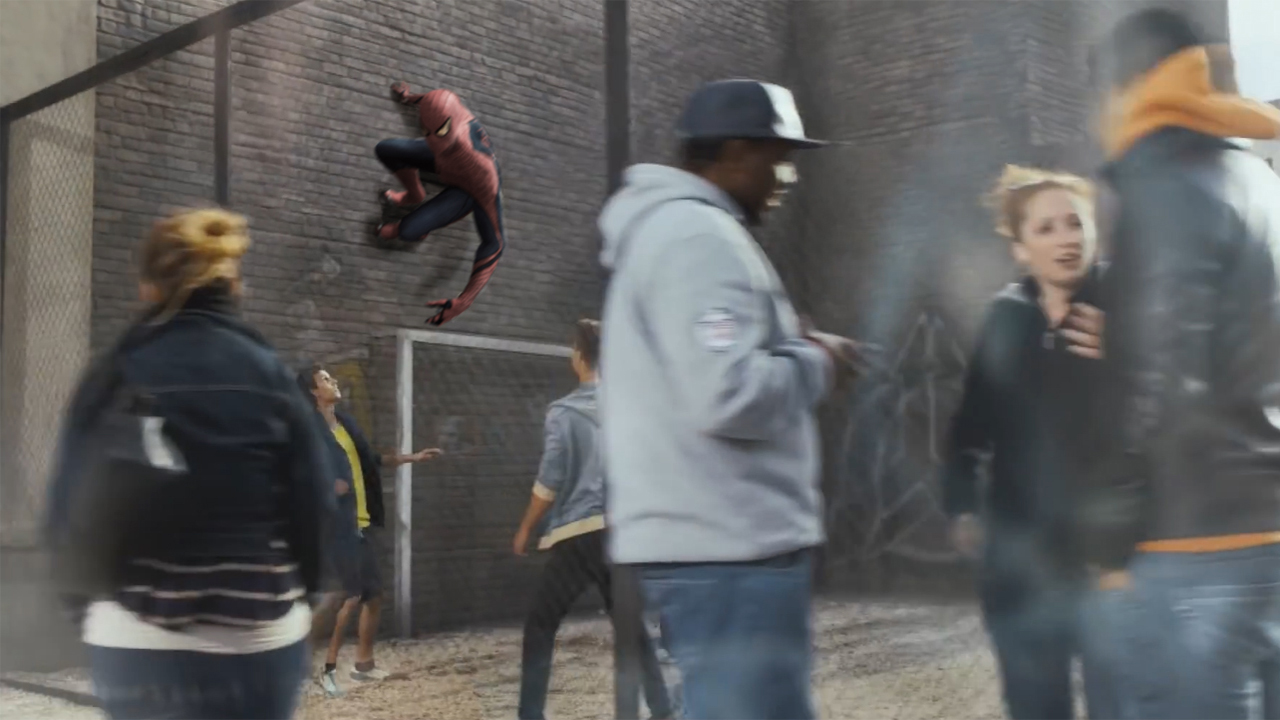
With great power comes great responsibility
My talk with Fairholm paints a very different picture of super-heroism to the one weve become used to. However, perhaps thats why we enjoy the genre so much. In gaming these characters can achieve things our dull, logical world would suggest are impossible; theyre fantastical for a reason. That said, do you think youre cut out to be a superhero after all?
Id like to give a heartfelt thank you to Ian Fairholm for taking the time to speak with me. If you want more, check out The Best Spider-Man Games Ever and our Amazing Spider-Man 2 Review.
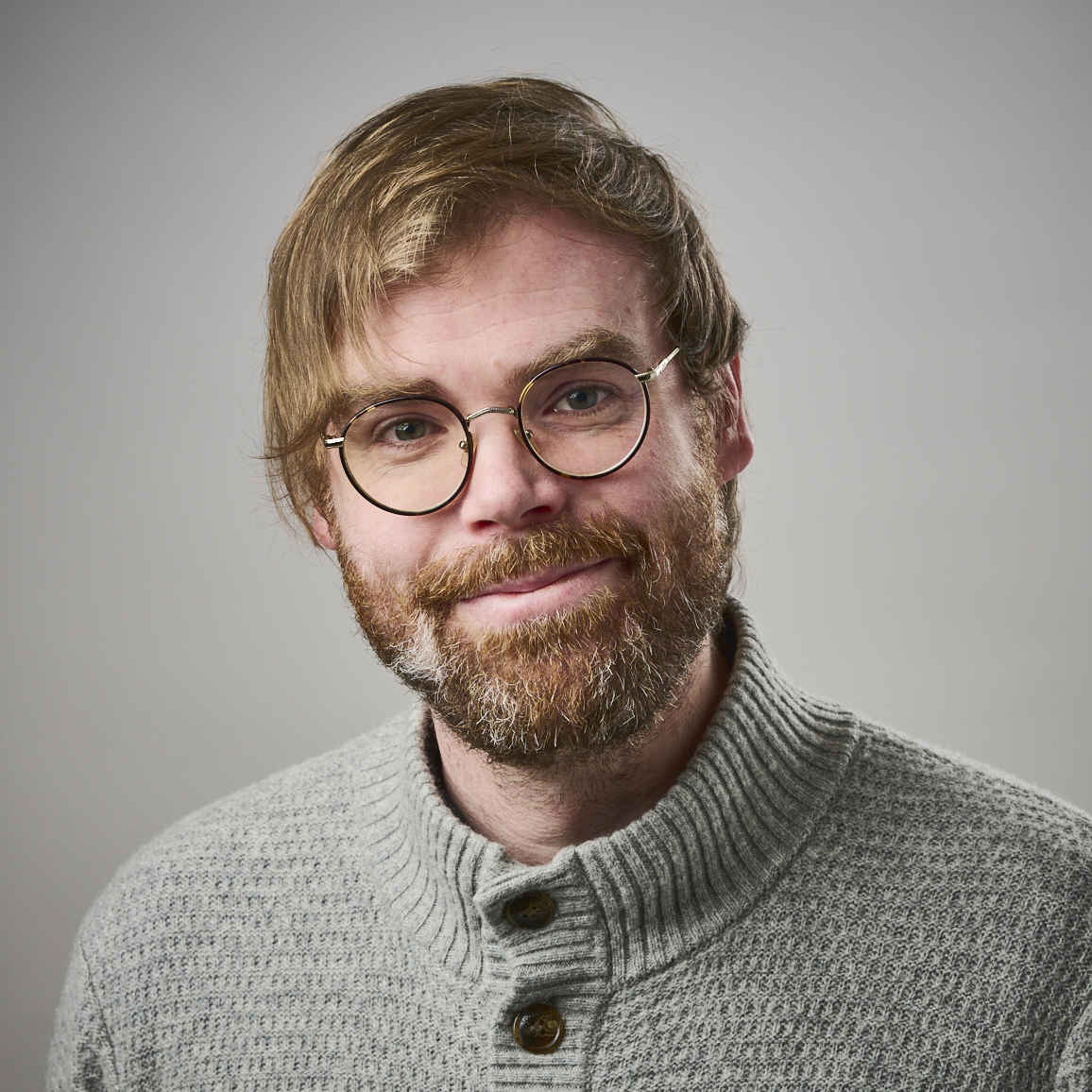
I've been writing about games in one form or another since 2012, and now manage GamesRadar+'s tabletop gaming and toy coverage. You'll find my grubby paws on everything from board game reviews to the latest Lego news.


